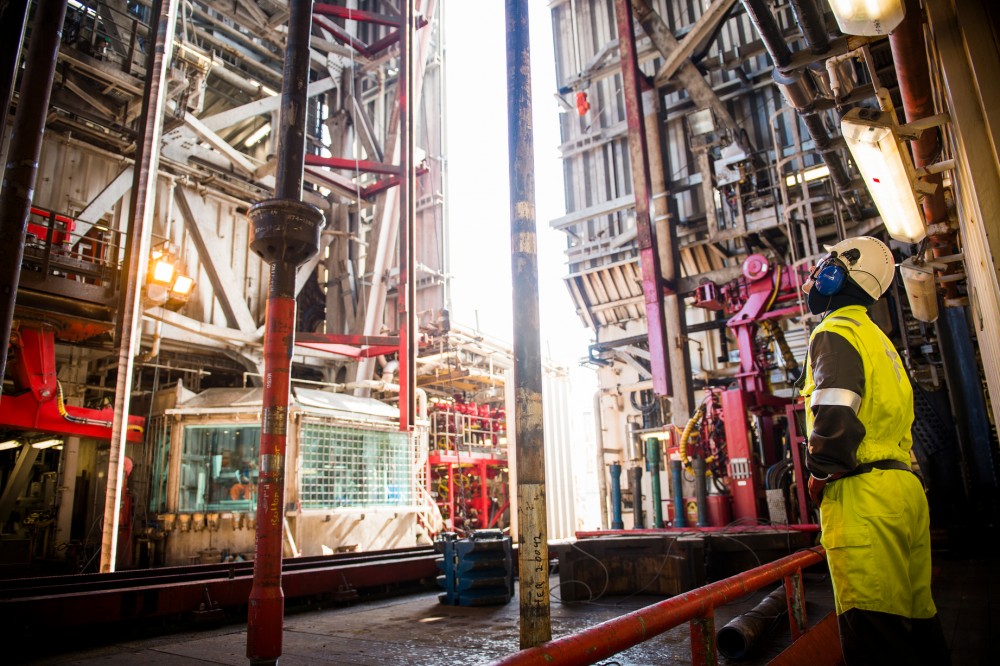Why Arctic oil development could soon be in crisis
The global downturn sparked by the coronavirus pandemic comes as oil prices were already unusually low.

With global oil prices already falling from a price war between Russia and Saudi Arabia, coronavirus and subsequent global economic meltdown are also taking a big toll on oil and gas developments in Arctic waters in Norway and Russia.
Norway’s Equinor is reducing staff on platforms and operating costs are cut to the bone. On Sunday the company announced that it was suspending a large €5 billion share buy-back program.
At the same time, the development of new projects is facing delays and postponements. The Johan Castberg field in the Barents Sea could be delayed up to a year as a yard in Singapore is unable to meet deadlines.
The coronavirus is key reason for the big delay, E24 reports.
[Suddenly, new investment in Arctic Alaska oil looks very unlikely]
On Monday, the price on North Sea Brent dropped to below $25 (though it rebounded slightly later in the week).
Similar problems are troubling AkerBP. The company now mulls a 50 percent slash in resource exploration and total investments are cut with a quarter.
Among the operations that will be postponed is the drilling of Stangnestind, a well located immediately adjacent to the maritime border to Russia in the Barents Sea.
The Stangnestind is located in the prospective Fedynsky area and drilling will be done together with Russian partner Lukoil. The drilling was originally scheduled for 2018, but then postponed because of high risks of toxic and flammable hydrogen sulfide in the ground.
Russian plans in jeopardy
Also Russian Arctic oil will inevitably be hard hit by the crisis. The coronavirus and the economic trouble comes as Russia is in the process of preparing the ground for a massive development of new Arctic oil fields. On the March 18, Russian Prime Minister Mikhail Mishustin approved a state mechanism for Arctic infrastructure investments. That mechanism opens up for a 20 percent state subsidy rate for private companies’ infrastructure projects and is aimed at the petroleum industry, the Ministry of the Far East and Arctic informs.
The Russian drive towards the Arctic is facilitated by the country’s new Arctic policy, a document signed by President Vladimir Putin on March 5. The Russian federal government’s also approved a new law on tax releases for investors in the region.
The legislation is to prepare the ground for a massive development of oil, natural gas and other natural resources in the Arctic. According to government estimates, the tax preferences will lead to as much as 15 trillion rubles (€216 billion) of new investments in the Russian Arctic over the next 15 years.
These grand plans and investments are all now increasingly at risk. A faltering economy brought down by low oil prices and a weakening of the rouble leaves little room for great Arctic adventures.